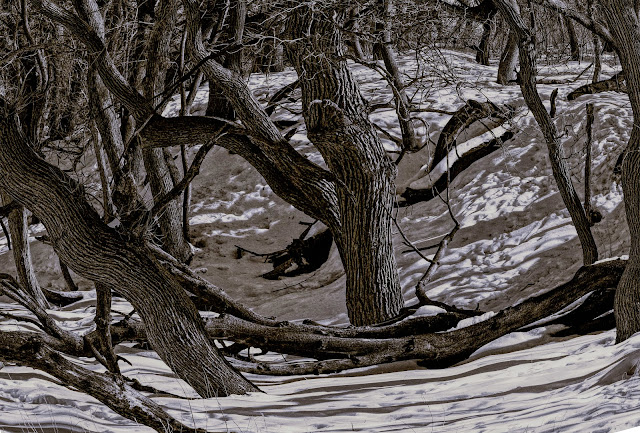“I have seen a wicked and ruthless man
flourishing like a green tree in its native soil,
but he soon passed away and was no more;
though
I looked for him, he could not be found.”
People frequently ask me what’s real and what’s not real
in a piece of fiction, as if every character, every crack in the sidewalk,
every 20-second gap in dialogue is somehow prototyped. It isn’t, of course. In a story, nothing is true true, even
though, if I do my job well, everything is. Let me put that
another way: nothing that emerges from
the soul can be bereft of that from whence it came; everything in a story is
real in me—something I’ve seen or touched and imagined. Almost everything I write can be footnoted,
traced to something I’ve experienced.
A few mornings ago I woke up with a pleasant dream of my
first teaching job, 35 years ago. I
don’t remember the exact image, but somehow the slot machine my mind becomes in
sleep turned up an old classroom image from a stack I hadn’t thumbed through
for a long time. Why? Freud thought he knew and so have countless
others. But I’m not sure anyone does, at
least fully. Our experiences—both real
and imagined—never totally disappear, even though they're nowhere near our radar screens
for years.
I take that back.
Some things definitely do. I’ll
never forget eating breakfast at a diner in the deep South the morning after
Martin Luther King was murdered. That
greasy spoon because it was a haven for rednecks who’d been partying all night
long, getting drunk on their joy about King’s death.
Years later, after I’d written a piece about that diner,
an old friend who was with me that morning told me he had absolutely no memory of
that place.
“You’re kidding?” I said.
“Nothing,” he told me, “but I’ll never forget stopping in
front of the Texas School Book Depository in Dallas. You remember that?”
For the life of me, even today, I have no memory of standing
at the place where John F. Kennedy had been shot only seven years before.
While our experiences shape us and shape what we write,
what we say, and even how we say it, isn’t it strange that we really don’t
control which of those experiences do the heavy lifting? We act—and are, most certainly, acted
upon.
I say all of this because I’m not sure there’s a verse in
this poem that so fully resounds with David’s voice as these do. I swear, I can
almost hear him. Maybe it’s the personal
pronouns. Maybe it’s their
placement—that big I sitting there,
front and center. This is testimony, and
if you read it a couple of times you can almost feel David’s finger poking at your
clavicle. He won’t be doubted.
I know enough about memory to wince a little at his
vehemence, but I also understand that it’s all we’ve got to go on—what we’ve
experienced. He says he’s seen it
himself: the wicked are chaff the wind blows away. Been eye-witness. Been right there to watch. Been there. Never forgot.
Finally, maybe, I’m less sure of David than I am of the
Word of the Lord. And these lines are
the Word of the Lord: relax, downright evil will not
get a mite less than it deserves.
That, I believe.

No comments:
Post a Comment